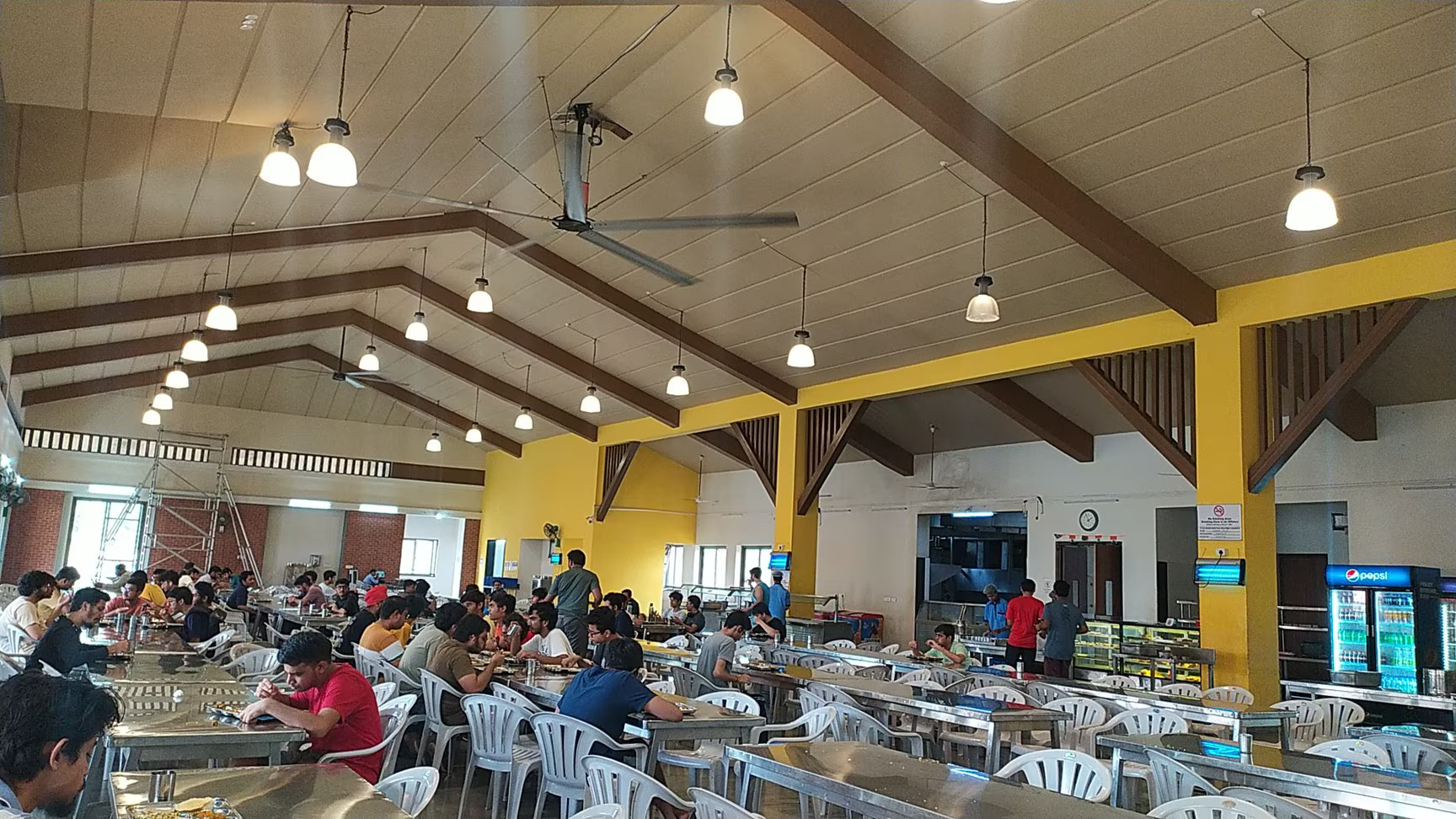The calcium deposits in the amniotic fluid -- the fluid surrounding a foetus -- is the leading cause behind the rupture of the foetal membranes, commonly known as water breaking, and lead to premature birth of a baby, a study has found.Globally, more babies than one in 10 are born preterm -- birth before 37 weeks of pregnancy -- and nearly one million children die each year due to complications of preterm birth, according to World Health Organization (WHO).These children may be at an increased risk of a lifetime of disability, including learning disabilities and visual and hearing problems.
The study showed that the calcium deposits in the membrane or amniotic sac, which carries the foetus, can form early and may cause a mother's water to break too soon. The deposits that are early markers of bone formation make the membrane less elastic and more prone to breaking, the researchers said."We do see calcium deposits in full term births as well, which is probably part of the normal breakdown of the membranes at the appropriate time," said Irina Buhimschi, Director at Nationwide Children's Hospital in Ohio, US."The membranes are supposed to rupture when labour is underway. However, these calcium deposits are too many and too early," added Buhimschi, who is also a Professor at The Ohio State University in the US.Further, the researchers showed that the deposits occur as a result of calciprotein particles produce by many human body fluids, including saliva and blood and amniotic fluid.The findings suggest it may be possible to identify women whose bodies are unable to prevent the formation of premature calcium deposits, Buhimschi noted in the paper published in the journal Science Translational Medicine.(This story has not been edited by NDTV staff and is auto-generated from a syndicated feed.)
The study showed that the calcium deposits in the membrane or amniotic sac, which carries the foetus, can form early and may cause a mother's water to break too soon. The deposits that are early markers of bone formation make the membrane less elastic and more prone to breaking, the researchers said."We do see calcium deposits in full term births as well, which is probably part of the normal breakdown of the membranes at the appropriate time," said Irina Buhimschi, Director at Nationwide Children's Hospital in Ohio, US."The membranes are supposed to rupture when labour is underway. However, these calcium deposits are too many and too early," added Buhimschi, who is also a Professor at The Ohio State University in the US.Further, the researchers showed that the deposits occur as a result of calciprotein particles produce by many human body fluids, including saliva and blood and amniotic fluid.The findings suggest it may be possible to identify women whose bodies are unable to prevent the formation of premature calcium deposits, Buhimschi noted in the paper published in the journal Science Translational Medicine.(This story has not been edited by NDTV staff and is auto-generated from a syndicated feed.)
Advertisement











